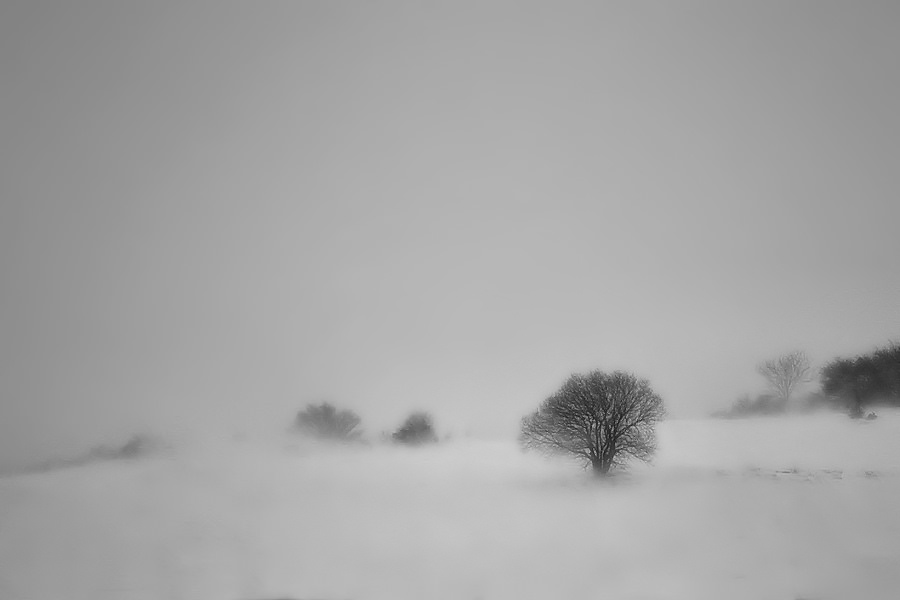On Solitude and Sabbath

“…there was silence in heaven for about a half hour” (Rev. 8:1).
Solitude and Sabbath are two realities that overlap and depend upon each other. There is an interdependent relationship between solitude and Sabbath. In order to practice one, we need the other as a part of our lives.
Solitude is learning how to be disarmed inwardly in the midst of even the most dramatic outward movement: the self-surrendering motion of a tireless companion finally laying their head down to rest. Solitude is learning how to practice inner sanctuary. Solitude is like nails on the chalkboard to a multi-tasking, “relevant,” productivity oriented life. Solitude and authenticity know one another intimately and are in a committed relationship.
Whereas solitude happens in the midst of motion, Sabbath is a full stop. It is the period to solitude’s coma. However, Sabbath is more than rest, it is intention to re-root oneself in the soil of God’s love and the compost of our spiritual mothers, fathers, prophets and poets. It is the moment when I recognize that I am not the world and the world is not me. Sabbath is the practice of knowing “where I end and you begin.”
If we do not learn to value both solitude and Sabbath, if silence inwardly and outwardly is something to fear and flee, we will not only wear ourselves thin and hollow, we will lose something far more tragic: the centered-self that is able to remain in relationship with others while remaining distinct from them. The poet Rilke puts it like this:
“Love consists in this, that two solitudes protect and border and salute each other.”
To practice solitude and Sabbath is to learn how to be together in community, while remaining independent from one another, protecting, bordering and saluting one another. In Quaker silence, we learn how to hold a bordering and protective space for one another, allowing one another to be who they are in communion with Jesus without any pretense on our part. What a beautiful way to honor one another. And yet, isn’t this is why so many of us fear the silence? It requires us to let go of distraction, domination, and productivity. Who are we without those modern attributes?
On the seventh day God stopped. Observed. Saluted. Sitting back, God let the movement of the creation unfold. Sabbath is the practice of remembering it is God who was the first to protect, border and salute creation. And like God we can do the same. On the seventh day God embraced silence and rest, reminding us that for relationships to flourish we must learn how to be together in silence and independent in rest.
Query:
Do I practice silence as a form of both solitude and Sabbath, protecting, bordering, and saluting all of creation?
Flickr: Ferran Jordà